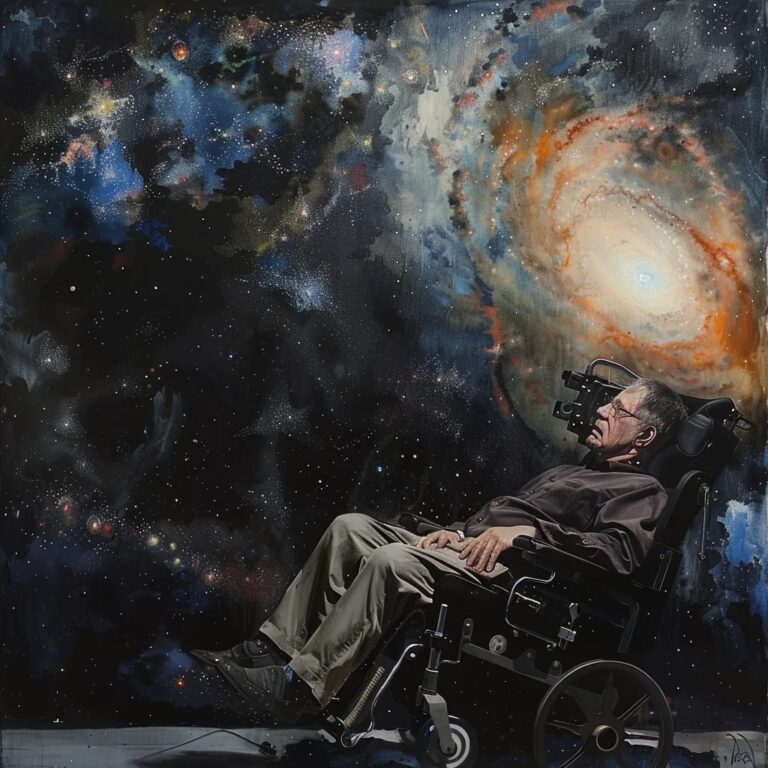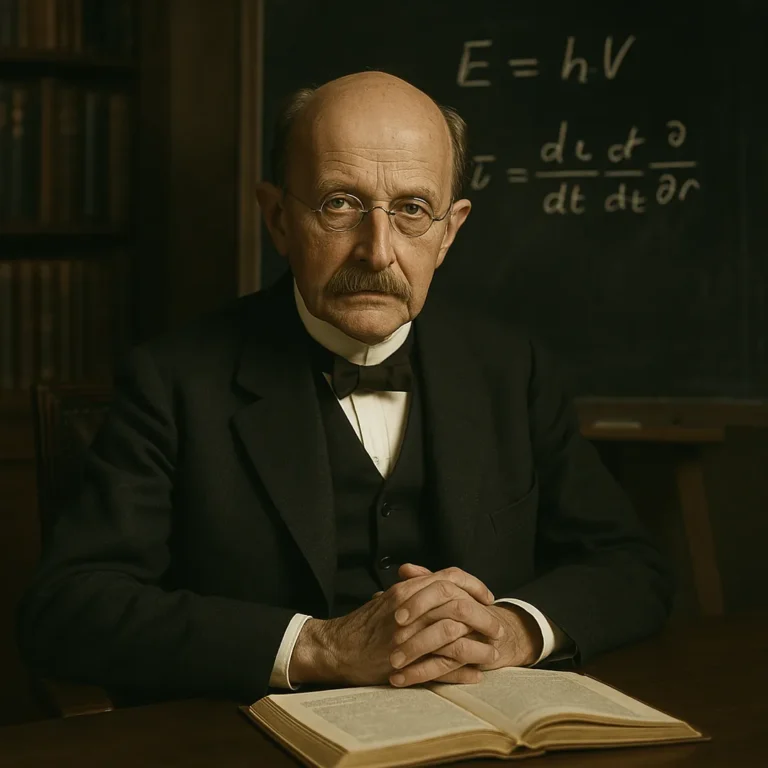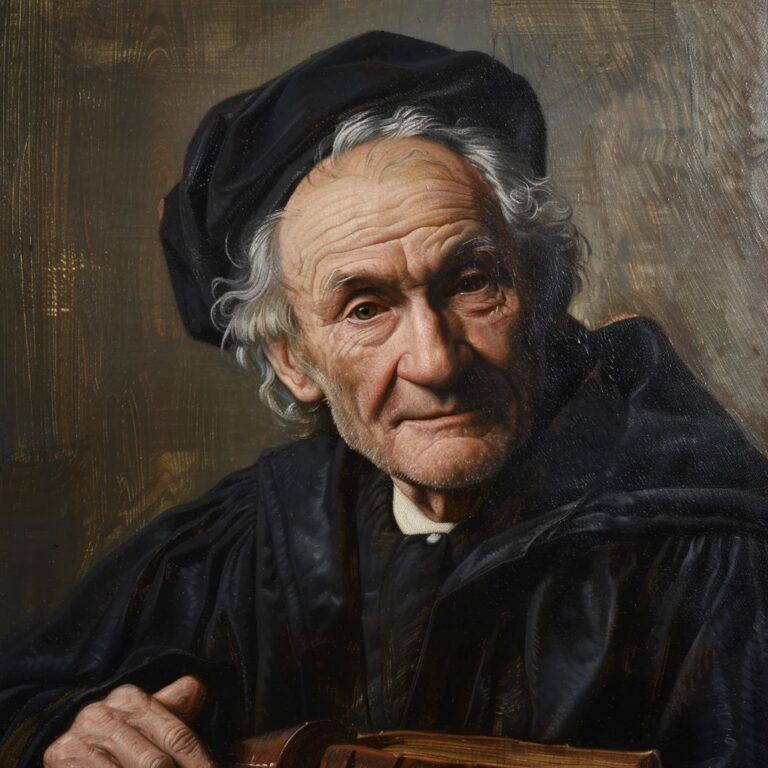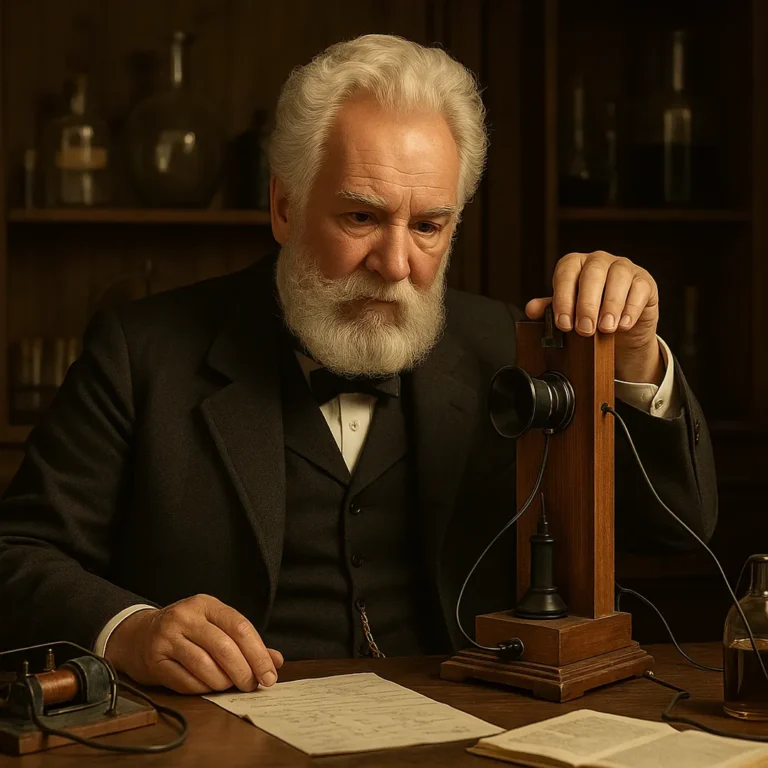Stephen Hawking was born on January 8, 1942, in Oxford, England, exactly 300 years after the death of Galileo Galilei.
He was diagnosed with amyotrophic lateral sclerosis (ALS) at the age of 21 and given only a few years to live, but he survived for more than five decades.
Hawking's best-known work is his theory of Hawking radiation, which predicts that black holes emit radiation and can eventually evaporate.
He authored the best-selling book 'A Brief History of Time,' which has sold over 25 million copies worldwide.
Hawking held the position of Lucasian Professor of Mathematics at the University of Cambridge, a post once held by Isaac Newton.
He made significant contributions to the theory of cosmology, particularly in understanding the Big Bang and black holes.
Hawking's voice synthesizer, which he used to communicate after losing his ability to speak, became one of his trademarks.
He was a proponent of the multiverse theory, which suggests that our universe is just one of many in existence.
Hawking appeared in several popular TV shows, including 'The Simpsons,' 'Star Trek: The Next Generation,' and 'The Big Bang Theory.'
He was awarded the Presidential Medal of Freedom, the highest civilian honor in the United States, by President Barack Obama in 2009.
Hawking's research and theories have inspired numerous documentaries, films, and books.
He was known for his wit and sense of humor, often making jokes about his disability and scientific work.
Hawking was a strong advocate for space exploration and believed that humanity's future lies in the stars.
He co-authored several books for children with his daughter, Lucy Hawking, including 'George's Secret Key to the Universe.'
Stephen Hawking passed away on March 14, 2018, at the age of 76, leaving a lasting legacy in the fields of science and cosmology.
How useful was this post?
Click on a star to rate it!



